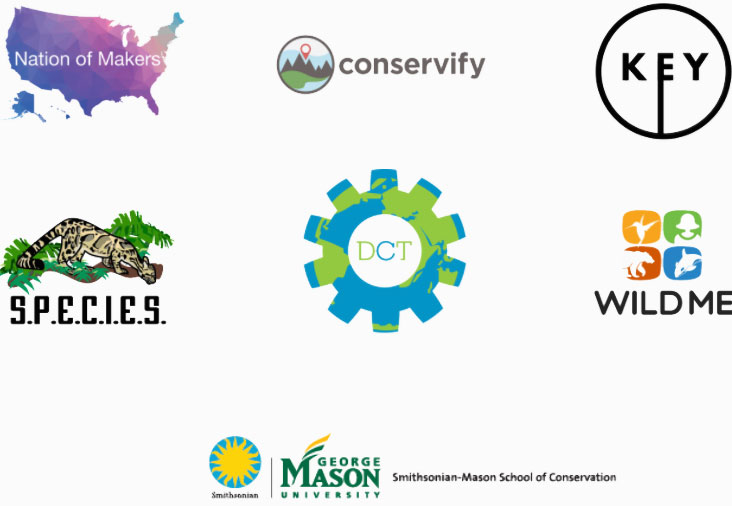How We Work Together on the Digital Makerspace
How we work together online to identify a solution, and bring it to life. Let's get to work!
On the Digital Makerspace, you'll be working with people from all over the world, with different experiences and academic training and professions. This is a set of guidelines for how to approach the work we do together.
Focus on the problem, not the solution
Often we get so focused on one solution that we lose sight of whether it is actually the right solution. The solution to every conservation problem isn't "drones." Step back and consider all aspects the problem. Maybe there's actually more than one problem in there. Then, work to find a solution that addresses that problem in the most efficient way.
Always keep the User in mind
When you're working on a project, you're not just creating whimsically, you are building for someone who will eventually use your product. Never forget the potential user of that product. Brainstorm who they might be, then go talk to them, and leave your assumptions at the door. Take what you learn from them and build it into your product. With every decision, you should ask yourself: How will this affect the user?
Be open to new (and potentially crazy) ideas
If you are going to be open to breakthroughs, you have to be open to people looking in on your project and offering their suggestions or contributions - and most likely, they won't be experts in your field. Sometimes those ideas won't work; sometimes they've already been tried; sometimes they may even seem crazy. Don't discourage them. If you discourage wild ideas, you close your project off to potentially groundbreaking insights or applications in another field.
"Yes, and..."
"Yes, and..." comes from improvisational comedy. It ensures that a topic will be seen through to its end, and that the contributions from your teammates are additive and positive, not destructive, stonewalling, or negative. Instead of saying "No" to an idea, you say "Yes, and..."
For example: if someone starts a discussion ("Look, a UFO!")...
- don't derail it ("That's a nice UFO, but look, there's a dinosaur over there.")
- don't be negative ("That's a bit unlikely isn't it?")
- don't stonewall ("No there isn't.")
Instead...
Don't ask a question that Google.com can solve
The first natural reaction to hearing about a new thing is to ask, "What's that?" Before entertaining that impulse, make a quick trip to Google.com and see if a quick search doesn't answer your question. Choosing your questions carefully gets more of them answered and saves people time. That being said…
Never be afraid to ask a "stupid question"
Sometimes the most obvious questions are the ones that are most easily overlooked. That "stupid question" you didn't ask could have been the breakthrough some project needed or pointed out an obvious pitfall. Do your research (see above) and if you can't find the answer, go ahead and ask. The community will enlighten you, and maybe - just maybe - you'll have the shot of insight they needed.
Recognize rabbit holes
There is such a thing as unproductive work. Every once in a while, step back and think, "Are we adding value, or just keeping busy?" If a conversation has gone on for fifteen threads, and there would be no realistic difference between the different outcomes - let it go. Call it a rabbit hole, and suggest you make a decision and move on. And don't be this guy.
Don't let a post go ignored
If you see a post that doesn't have any responses - that's the equivalent of sitting at dinner, when somebody asks a question, and everyone else sits quietly and doesn't respond. Painfully awkward. Never let a post languish in the no-response doldrums - jump in and respond, even if its just to offer encouragement, places they could research the idea, and/or ask a follow-on question. It's up to you!
Encourage newcomers
New users may not be familiar with the community guidelines, how we work, or the specifics of your project - but that doesn't mean their contributions won't be useful in time. Welcome them, share some resources, and encourage them to stick around and help. The network effect is powerful.
Note: This is a living, breathing piece of work that will grow and change as the community on the Digital Makerspace grows and changes. If you've got a suggestion of something that will make this better, please feel free to:
- Leave a public comment on the Digital Makerspace project
- Email us at support@conservationxlabs.org
We love feedback, and we love hearing from you!

